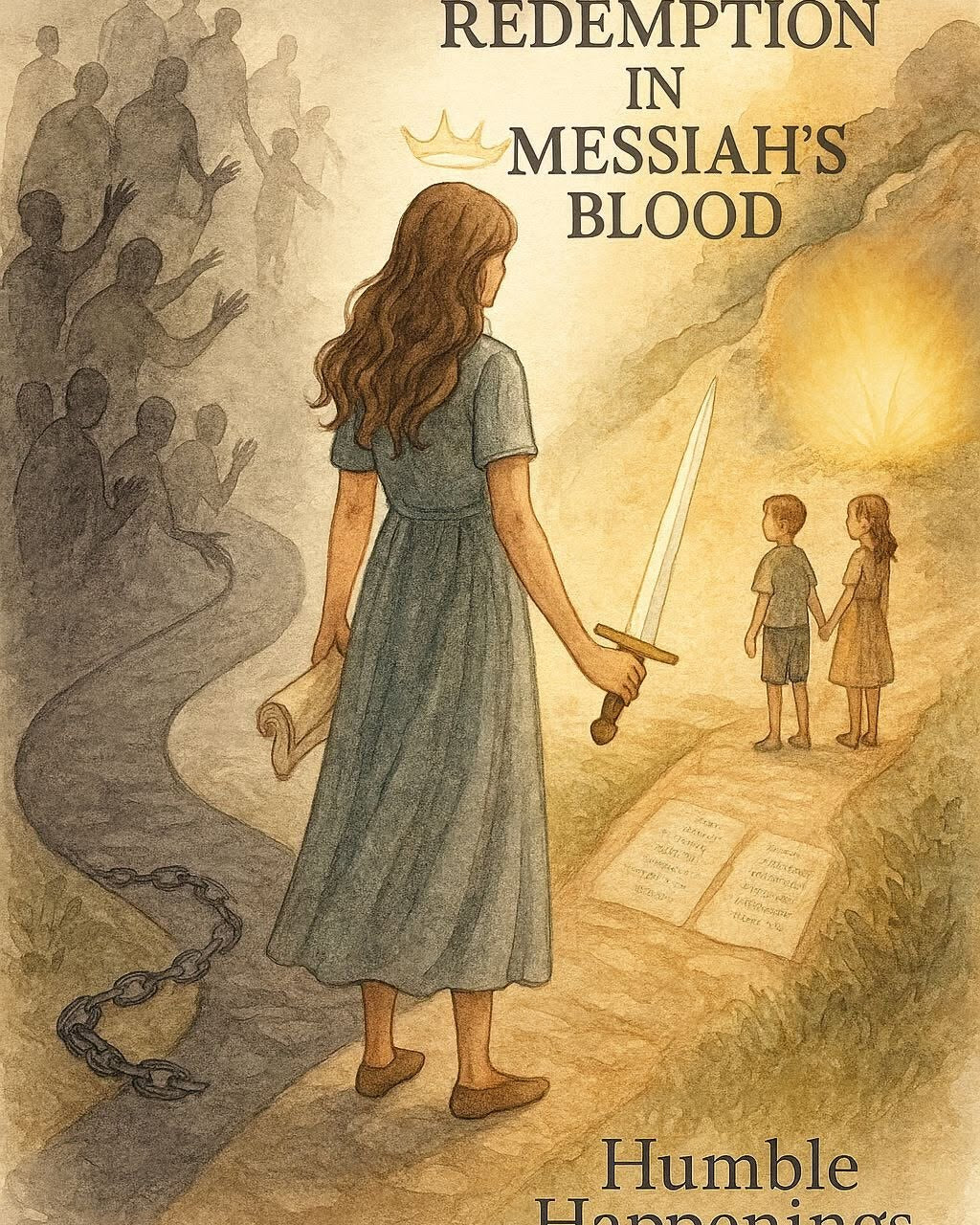
You Have to Know His Truth
Share
I just finished watching an incredible testimony by Melissa Schilling Smith (link below), and I highly recommend it. One thing she said really struck me—it reminded me of something I’ve been saying (and living) for the last few years:
We often don’t fully understand Scripture—especially the New Testament—because we’ve been taught to start in the middle of the book. Many people know the “feel-good” stories—David and Goliath, Noah’s Ark, Jonah and the whale—but very few know the full context: the history, the culture, the patterns of YHWH, and most importantly, His character.
But here’s the truth:
What Yeshua said and did is deeply rooted in the beginning.
Once I realized that—praise YHWH—my eyes were opened. A level of understanding came that I could never have arrived at on my own. Only He could have orchestrated it.
When Paul wrote to Timothy and said:
“All Scripture is breathed out by God and profitable for teaching, for reproof, for correction, and for training in righteousness…”
2 Timothy 3:16 (ESV)
He wasn’t referring to the Gospels, Acts, or the Epistles—because those hadn’t yet been compiled into a canon.
Paul was pointing to what was already known as “Scripture” at the time: the Torah (Genesis–Deuteronomy), the Prophets, and the Writings—what we call the Tanakh or the Hebrew Scriptures today.
This is what Yeshua Himself taught from (Luke 24:44), what the disciples read on Shabbat in the synagogues (Acts 15:21), and what they memorized and recited in their youth.
I’ll be honest—I spent years in that same cycle: arguing, defending what I was taught, never questioning the surface-level understanding I was given. But YHWH placed a hunger in me that wouldn’t let go. He stirred a desire to search deeper, ask harder questions, and refuse easy answers.
I didn’t want to be spoon-fed doctrine anymore. I wasn’t loyal to one teacher, one denomination, or one voice. Maybe that was rebellion—or maybe, it was a crack in the walls of my thinking that YHWH used for His good.
He used my brokenness.
He used my dyslexic mind.
He used my questions.
He even used my mistrust.
And He turned it into a journey of deeper knowing—of Him.
The Torah is the Foundation!!!
One thing I know for sure: once I began reading and truly trying to understand the first five books—Genesis through Deuteronomy—everything started to come into focus. Yeshua’s words began to carry richer meaning. The parables, the miracles, the messages—they all pointed back to the beginning.
That year, YHWH led me to read the Torah five times. I read the rest of Scripture too, but the Torah became my lens. Sure, I had questions. Sometimes I got bored. Sometimes I was confused. But every time—without fail—He gave me a nugget of gold.
And even now, years later, I still find treasure in every weekly Torah portion.
The most beautiful part? Yeshua is there—in the beginning.
In the Feasts, in the sacrifices, in the covenants, in the promises, in the wilderness wanderings… He’s not just a New Testament Savior. He’s the Lamb slain from the foundation of the world (Revelation 13:8), the Word made flesh (John 1:14), and the One who said:
“If you believed Moses, you would believe me; for he wrote about me.”
John 5:46 (ESV)
So I encourage you:
Before you build your theology on verses in the back half of the Bible, read Genesis through Deuteronomy. Read it slowly. Read it again. And again.
Read it 100 times if you have to.
Because that is the very Word of YHWH—the same Word He gave His people at Sinai, the same Word Yeshua taught from, the same Word that all other Scripture must agree with.
If something contradicts it?
“To the Torah and to the testimony! If they will not speak according to this word, it is because they have no dawn.”
Isaiah 8:20 (ESV)
Let YHWH teach you from the beginning. Let Him write His truth on your heart—not just through emotion, but through study, humility, and surrender.
Historical Footnote
The New Testament canon as we know it wasn’t formalized until the 4th century AD, long after the letters and gospels were written (between ~45–95 AD). In the time of Paul, “Scripture” always referred to what we now call the Old Testament (see: Codex Sinaiticus, Council of Carthage 397 AD).
What part of Genesis through Deuteronomy has impacted your understanding of Yeshua the most?